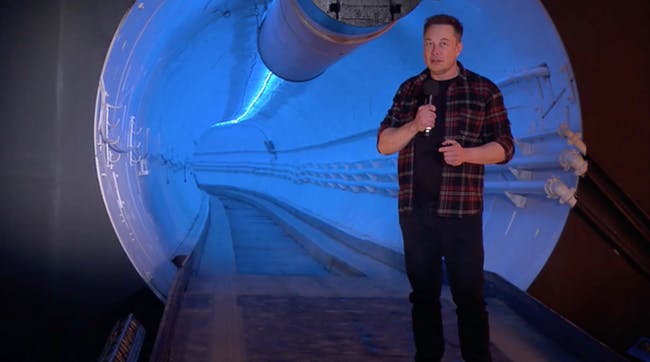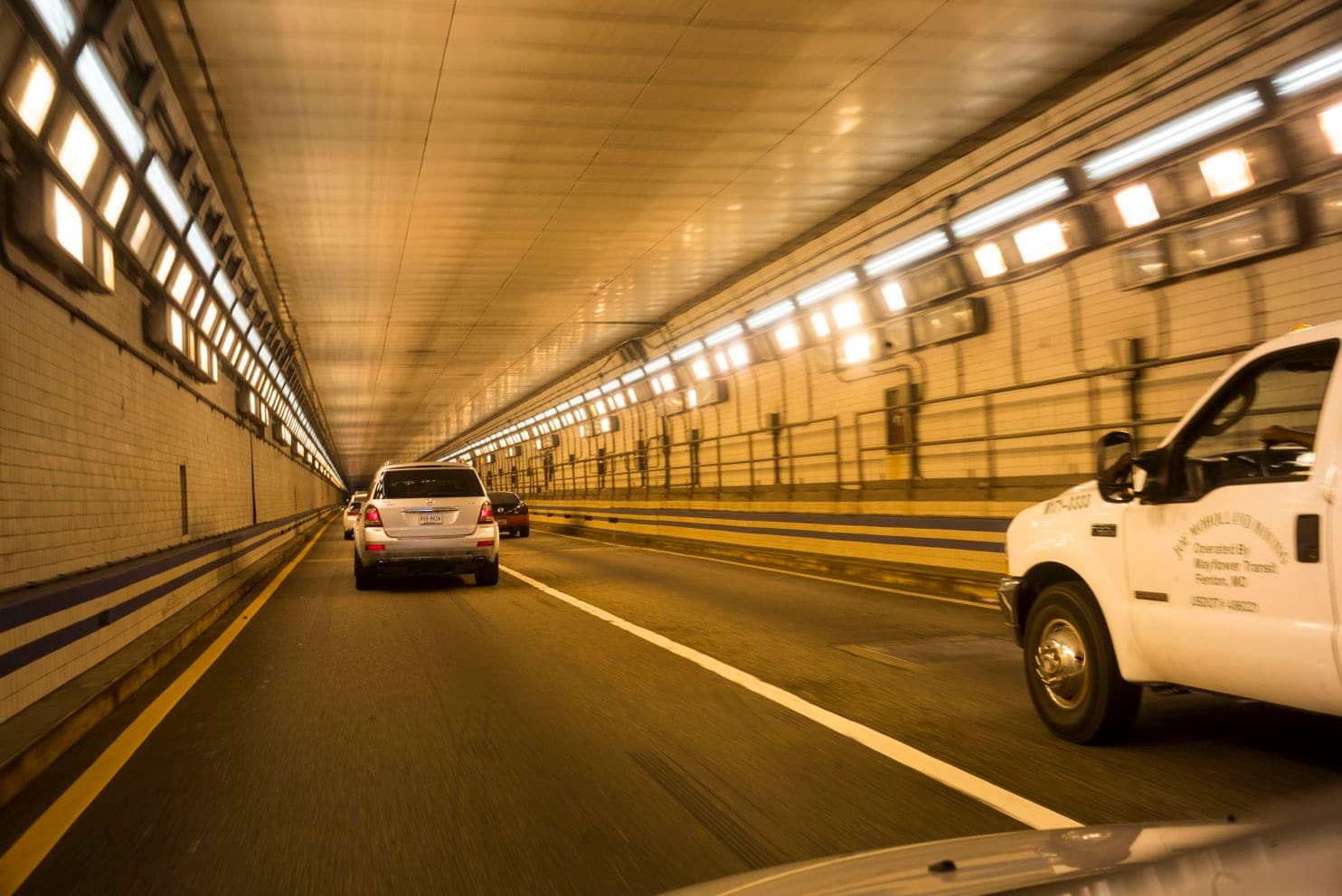Article examines a proposed light-rail project, known as Capital Metro, public-private partnership (P3) in Cranberra, Australia, part of the Australian Capital Territory (ACT). This would be the first time that this territory employed a P3. While the private-sector partners in the project may have financial penalties if there are construction or service delays, taxpayers in the ACT will be on the hook if the rail line fails to meet ridership expectations. Capital Metro is not expected to make a profit but the state will still be required to make availability payments to the private partner. Officials claim this should not be an issue because the fixed costs of the line will be spread over more people if the network does attract large numbers. This is an example of private sector companies no longer wanting to take on the financial risks associated with use, a result of spectacular toll road failures in Australia which failed to generate ridership. Some are criticizing this arrangement because the taxpayer is bearing a large share of the risk and thus stands to bear a large share of the cost without any revenue in return.
Light Rail Risk Set to Weigh on Taxpayers
By Michelle|2016-11-10T21:35:12-08:00June 10, 2013|Australia, Public-Private Partnerships, Rail, World News|Comments Off on Light Rail Risk Set to Weigh on Taxpayers



